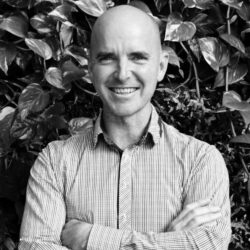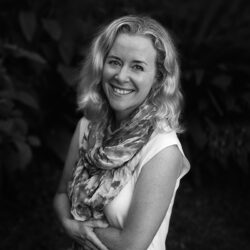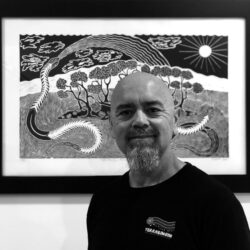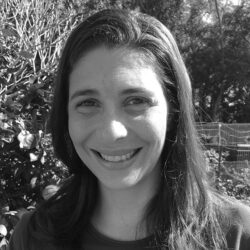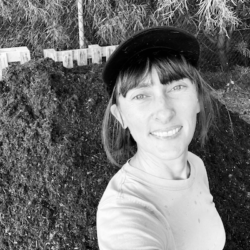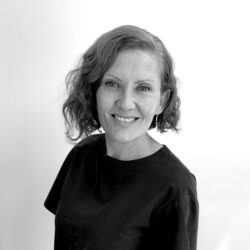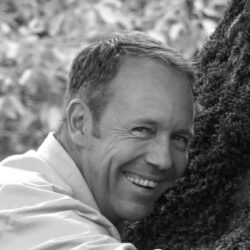Meet the green space experts who help put a face to the program
BE INSPIRED.
The latest green space news, in your inbox monthly
Meet the green space experts who help put a face to the program

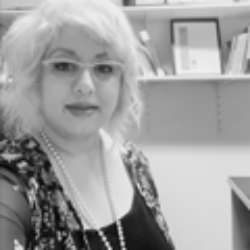
The latest green space news, in your inbox monthly

Daniel is a shaper of things, ideas wrangler, strategy specialist, scenario maker and question asker. He has been doing design and strategy for nearly 20 years across Australia, the UK, and China, to make places better for people. His most recent role was leading a team of 40 professionals at the City of Adelaide, including design, transport and park lands strategies as well as design projects.

Lyndal Plant is an urban forestry consultant who has worked in local government policy and strategic planning for urban trees, and now helps others gather evidence to make stronger business cases for growing greener, cooler neighbourhoods for all.

Dr Tony Matthews (@drtonymatthews) is an award-winning Urban and Environmental Planner, with portfolios in academia, practice and the media. He is a faculty member at Griffith University, where he is a Senior Lecturer in the School of Environment & Science and the Cities Research Institute.

Greg’s main focus at SA water is to improve liveability and community resilience through the identification and promotion of innovative ways to maximise the benefits of urban water use that is economically viable, improve water use and management in agri-business through smart irrigation, reduce capital and operational costs for SA Water by investigating and promoting low/non capital solutions, and facilitating the sustainable use of alternative water sources.

David Borger OAM is the inaugural Executive Director of the Western Sydney Business Chamber. David has previously served as a NSW Government Minister for Roads, Housing and Western Sydney and was the Lord Mayor of Parramatta for three terms.

Joe is an expert in urban planning, policy and management. His research focuses on the intersection between urban planning and urban sustainability, and on the role of urban governance and policy in producing sustainable outcomes.

Andrew is a landscape architect and researcher interested in city greening, urban landscape planning, and landscape architecture advocacy. His most recent publication 'Understanding Metropolitan Landscapes' (Routledge UK) explores the governance, planning, and management of landscapes in cities around the world. It explores the role of landscape professionals in advocating for better integration of landscape values into urban development.

Leigh uses her scientific background and stakeholder engagement skills to develop user-centred research projects that will create smarter, greener and liveable cities. Over the past 10 years, Leigh has worked extensively between academia, local and state government and industry. She is an expert in developing and leading multidisciplinary research projects that solve real world problems, particularly in the area of green infrastructure, climate change adaptation, biodiversity and smart technology.

Marco Amati is a specialist on green infrastructure and its deployment in cities around the world.
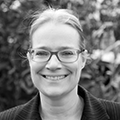
Dominique is passionate about good governance, collaboration and finding ways to contribute to the resilience and robustness of human and non-human systems.

Dr Zoe Myers is an Urban Designer and Lecturer at the Australian Urban Design Research Centre. She leads and participates in research projects and design communication for local and State government, and teaches in the Masters of Urban Design. Zoe is focused on how evidence-based urban design can enhance mental health and restoration through connection to nature in our cities, and the remaking of overlooked spaces and hard infrastructure as ecologically and emotionally regenerative places.

David is a horticulturist and engagement professional who builds linkages between green space projects and the industries they benefit. Having led the Tree Stock Standards outreach throughout 2019, Which Plant Where design, and member services for the Australian Institute of Horticulture, David sees the huge potential to connect horticultural industries with change-making programs like Greener Spaces Better Places.
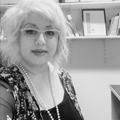
Dr Taha Chaiechi is Australia Director, Centre for International Trade and Business in Asia, at JCU where she is also a senior lecturer in the College of Business, Law, and Governance. In the past several years, Taha has contributed to the governance and the Teaching & Learning profile of the College in different capacities. She is also Associate Editor-in-Chief for the Journal of Bulletin of Applied Economics that is a ranked journal by the Australian Business Deans Council (ABDC).
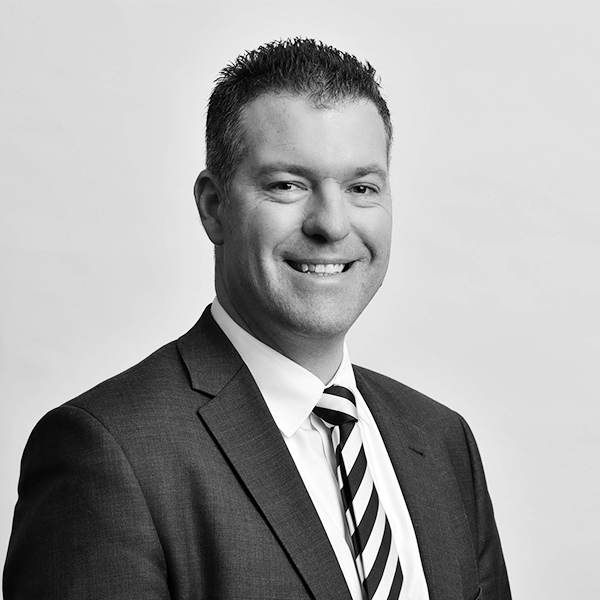
Dr Anthony Kachenko as an agribusiness professional who's passionate about sustainable growth and development of primary industries. Anthony has lived and breathed Australian horticulture for more than 20 years, having extensive experience along the agribusiness value chain including technical production, strategy development, project management, communication, research and research management. Anthony believes building and maintaining strong relationships with key stakeholders is imperative to delivering tenable outcomes and is passionate about implementing strategies to enhance the adoption of research that leads to meaningful on-farm change.

Jason is a Senior Associate and practice leader at international design practice HASSELL. Based in Sydney, he leads a team of landscape architects and urban designers delivering projects of all scales – from city-shaping developments to local streetscape improvements. In every case, Jason advocates for the integration of green infrastructure – promoting the vital benefits of natural systems in the built environment to clients, developers; and the emerging and student designers that he mentors.
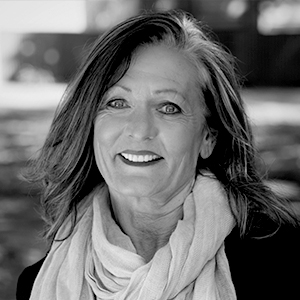
Professor Tonia Gray researches our estranged human-nature relationship and its impact on growth, development and wellbeing, an area known as ecopedagogies. For over three decades, Tonia has written extensively on nature-based practices in teacher education and has been an advocate of infusing outdoor and ‘green’ learning experiences into Australia’s National Curriculum renewal process.
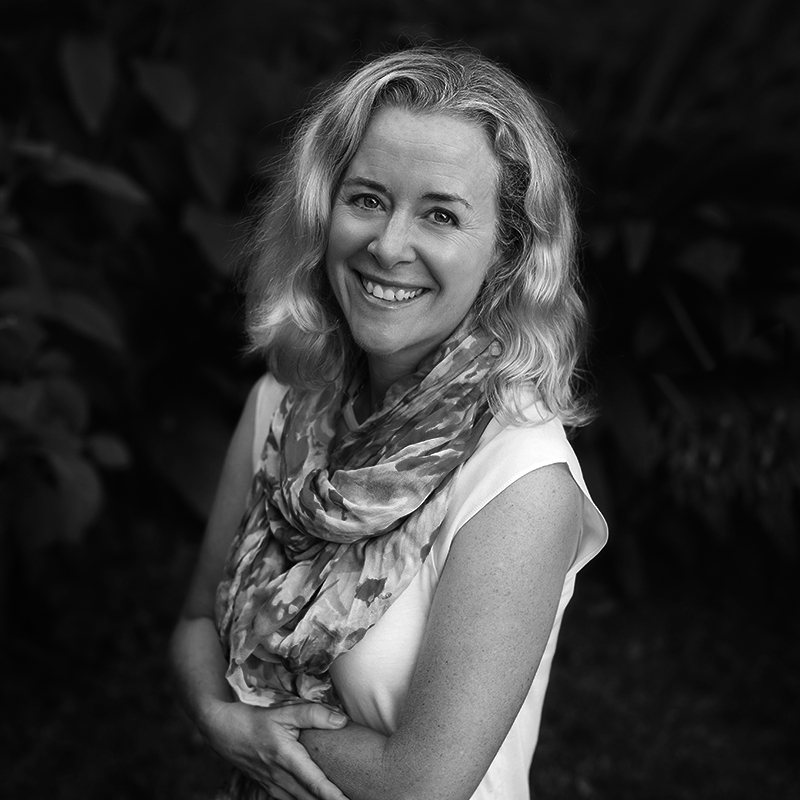
Isabelle is Principal Environmental Planner and Director of EConPlan, and her expertise lies in strategic land conservation and bushland rehabilitation planning. Isabelle is passionate about promoting green infrastructure, conserving natural and cultural values and preserving them for future generations to enjoy. Isabelle has assisted local governments prepare urban canopy strategies and refine their green grids. She has undertaken research on accelerating delivery of green infrastructure on privately-owned land through strategic planning mechanisms, as well as research on managing the conflict between urban greening and bush fire risk.
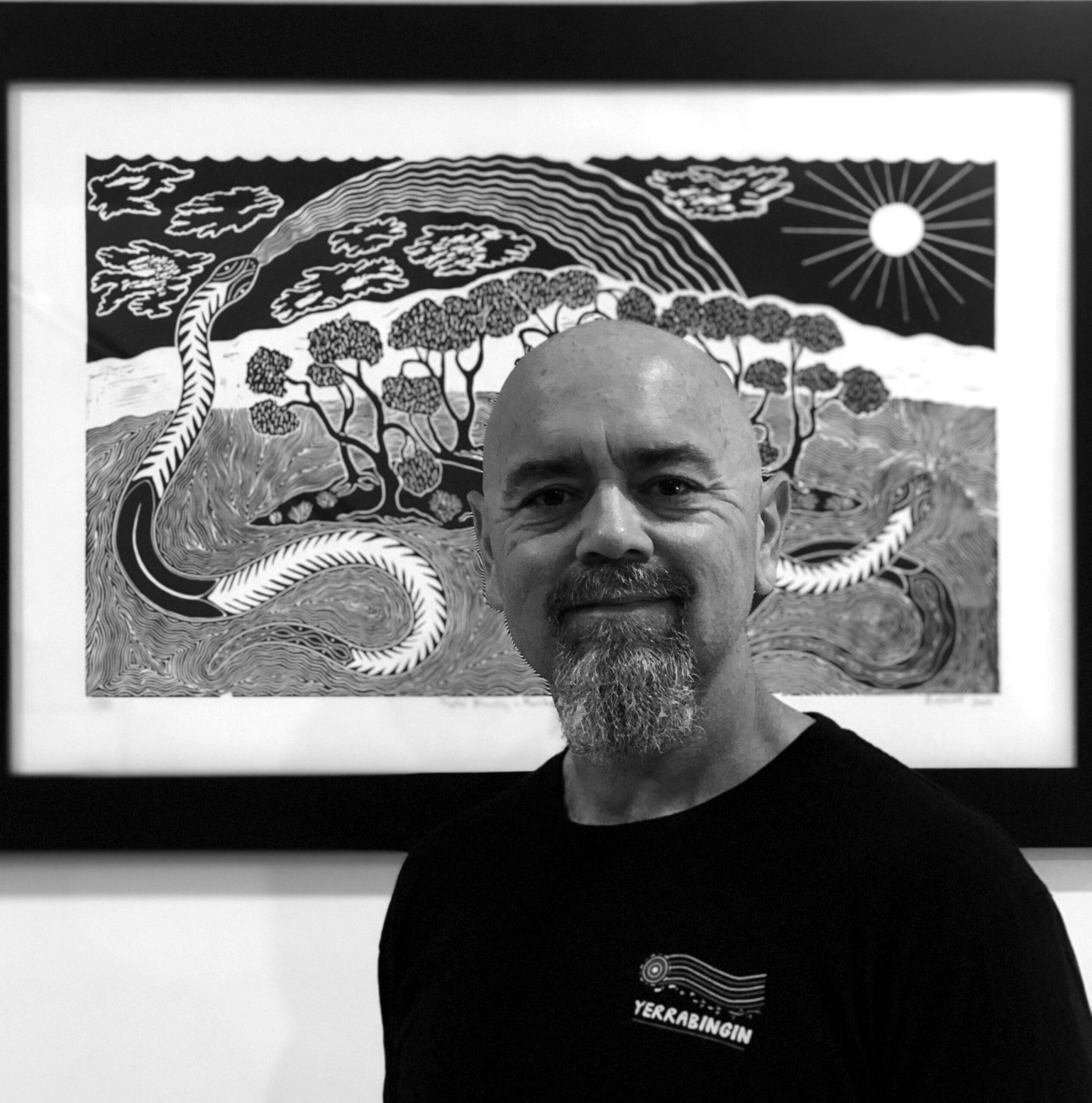
Christian Hampson is a proud Woiwurrung and Maneroo man and a strong advocate for community custodianship in protecting, sharing and celebrating the diverse culture of New South Wales. Christian has an extensive background in Cultural Heritage Management, with over 20 years experience leading the design and delivery of heritage programs in the public sector. With his interweaving Indigenous tacit knowledge and collaborative design thinking to walk a new path, away from conventional approaches, Yerrabingin has launched the world’s first Indigenous rooftop farm in 2019, located high above Sydney on the roof of Yerrabingin House in South Eveleigh with over 2,500 Australian native plants.
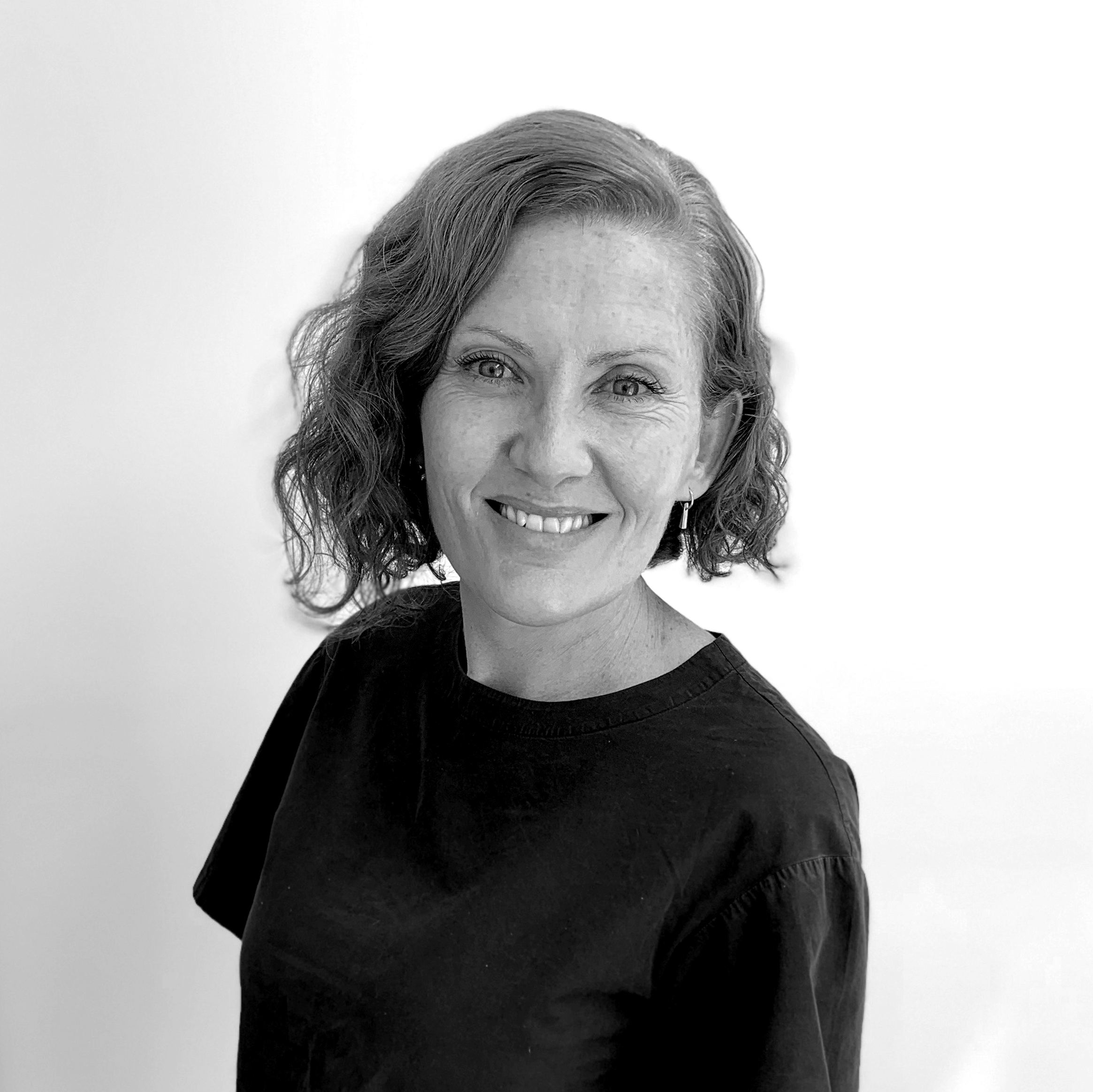
Formally trained in urban design, urban geography and project management, and well-versed in landscape architecture, Vanessa fuses her trans-disciplinary knowledge to lead social and spatial thinking in the design and development of our cities. An implementer and integrator, Vanessa is renowned for bringing together diverse and dynamic people with a conviction for regenerative cities. As an urban geographer, her work is founded in equity and empathy and the relationship between people and place. Vanessa’s expertise is across public space, green infrastructure, engagement, and strategic planning. Through her role, she shapes humane strategy, advocates for public prosperity and leads impactful delivery.
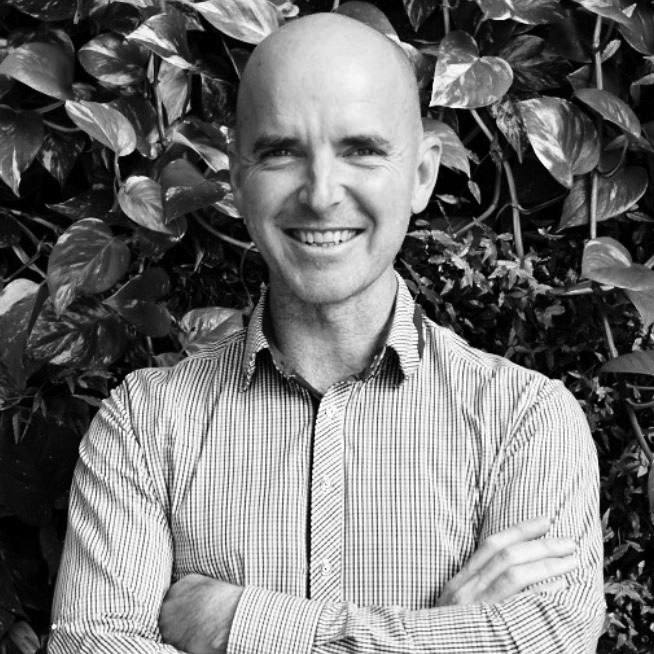
Trained as a horticulturist with studies in Environmental Science, Jock loves plants and understands their power at making cites more liveable and how to ensure they thrive in Australian urban environments. Jock works closely with clients to bring living infrastructure projects to life in a cost-effective and low risk manner. A natural innovator, Jock developed the award-winning ‘Junglefy Breathing Wall’ and continues to develop new living infrastructure technologies.
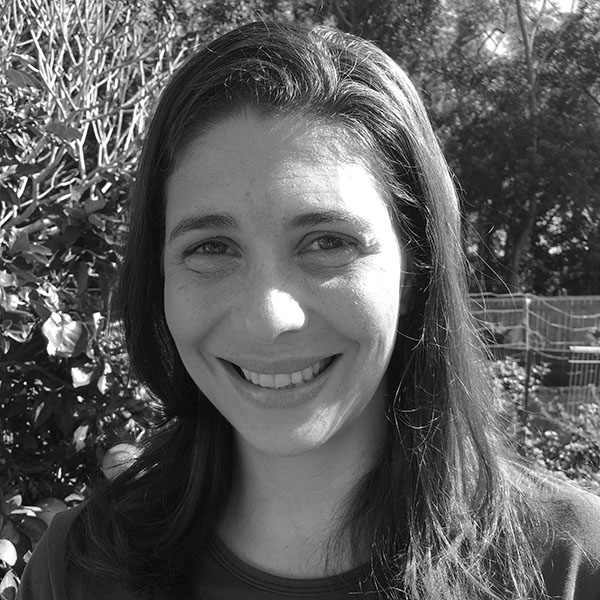
Dwan is an environmental epidemiologist at the Children’s Health and Environment Program at the University of Queensland. Her work explores the effect of environmental exposures on children’s growth and health outcomes. One of the environmental factors of interest to Dwan is green space, and her work has found associations between green space and ground covers with birth outcomes. Dwan is a junior board advisory member for the Pacific Basin Consortium for Environment and Health.
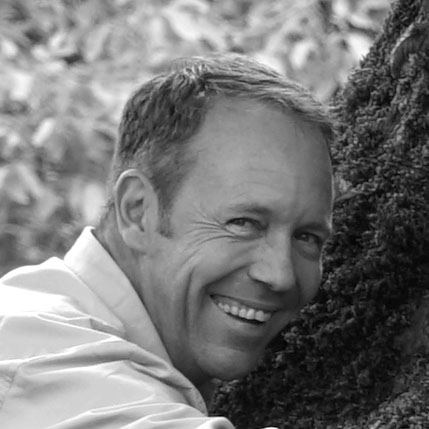
Paul is a forest pathologist, urban forester and remote sensing scientist. He is the Managing Director of ArborCarbon based in Perth, Director of Innovation & Technology at Arborflight Ltd. UK, and Adjunct Associate Professor at Murdoch University. Paul has consulted around the world, and currently supervises 4 PhD students in the fields of remote sensing, urban forestry, agriculture and soil carbon. He is passionate about using innovation to provide accurate data that can improve the management of cities and landscapes and the well-being of communities.
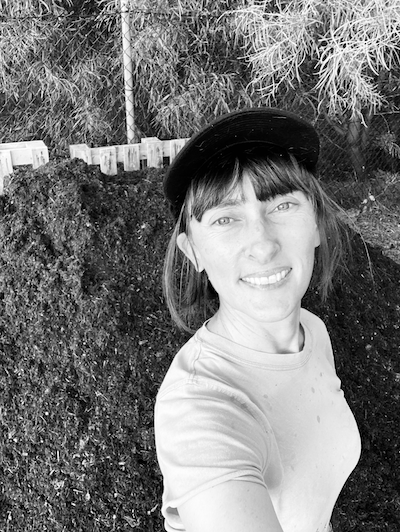
Dr Grey Coupland is a Research Fellow at the Harry Butler Institute, Murdoch University. She is passionate about environmental restoration, urban greening and connecting science with the community. Ecology is her base, and her research has covered everything from seagrass ecology and restoration, mangrove ecology, plant-animal interactions, novel techniques for detecting environmental impacts and terrestrial plant biosecurity. Her current research is investigating use of Miyawaki forests for urban greening in Australia, and bringing these amazing pocket forests into schools via a dedicated STEM outreach program.



